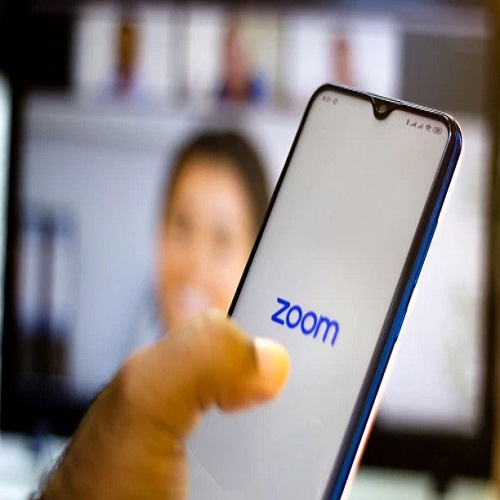Data plays a massive role in our everyday lives, and the healthcare industry is certainly no exception. In fact, approximately 30 per cent of the world’s data pertains to healthcare. By sorting, organising, and analysing these huge datasets of health information, healthcare providers and researchers can find ways to significantly improve outcomes for patients and effectively save lives.
Accessing such data unfortunately remains a challenge due to analogue data, multiple data standards, lack of system interoperability and data privacy regulations.
During my time as a practising physician working in oncology, the onus was on the patient to facilitate the sharing of data between the different healthcare providers to coordinate care. Sadly today, the same challenge persists.
As a patient myself, I struggle to find an efficient way of keeping all the information surrounding my health conditions in a single secure place. From digital and non-digital sources, various data formats are scattered across several applications, making it difficult for me to view insights that could better manage my care.
Managing my health data takes up a lot of time, leading me and others like myself to feel overwhelmed by this arduous task. Not to mention the additional burden of actually having a health condition.
Moreover, such data is sensitive and valuable and requires protection against malicious actors. This is of growing concern, given the rise in healthcare data breaches.
In 2019 alone, 41.2 million healthcare records were exposed, stolen, or illegally disclosed, according to a study published in the HIPPA journal. This has far-reaching implications when it comes to fraud, discrimination and identity theft, to name a few.
A more effective approach for managing health data
Fuelled by my belief that there must be a more effective approach for managing health data between different parties within the ecosystem while simultaneously preserving patient data privacy, I co-founded Jonda Health, a health tech platform.
At Jonda Health, we are currently building a technology stack to help open the doors for data silos, regulate data flow, and use the right ‘valves’ to direct the data to the right place where and when it is needed.
Given the sensitivity of health data, we do not use open-source software integration. Instead, we leverage multiple layers of encryption, including that of the database, tables and data, for added protection against breaches. For the data level encryption, we use zero-knowledge encryption – an encryption process where user data is always secured, with only the user having the key needed to access and decrypt it.
We also employ our own proprietary real-time audit system to detect hack attempts and comply with HIPPA, GDPR and PDPA to ensure health data is adequately protected.
As we continue to build our tech stack, we have deployed our existing technology to a patient-facing application called Jonda. Jonda helps patients today by empowering them with their data regardless of provider or geography. To do so in a meaningful way, the user-centric app has been built with patients in mind so that it is easy to use. This goes beyond UI and UX to include functionality based on human behaviour.
For example, when a user is tracking their conditions and looking for a specific biomarker (such as LDL Cholesterol) in their records, they will be able to find this easily even if the biomarker is coined differently (i.e. Low-density Lipoprotein Cholesterol).
With each laboratory calling the same test something different, tracking the biomarker can be a challenge. To address this, we have created our own data dictionaries and enabled reverse search. A reverse search provides users with a convenient way of finding records or data using alternative names.
As a patient myself, I use our patient-facing application to manage my health by keeping all my health data in a single secure place and keeping track of my biomarkers. This is incredibly helpful as it has helped me to finally get rid of my box of paper medical records where I couldn’t find anything anyway.
Not to mention that each laboratory has a different unit of measurement for the same blood test, which made it extremely challenging to keep track of my biomarkers over time. The biomarker trends on the app helped me track my health data and uncover my iron deficiency, where I got to notice a downward trend in my iron count over a two-year period. I was then able to request the necessary laboratory tests and seek the appropriate care.
As we look to the future, there will be even more health data generated thanks to the increased digitalisation of healthcare with a rise of wearables, medical IoT and the like of it.
In addition, we will start to see more attention paid to data veracity, data privacy, data security, data usage rights and compliance thereof.
Source: e27










